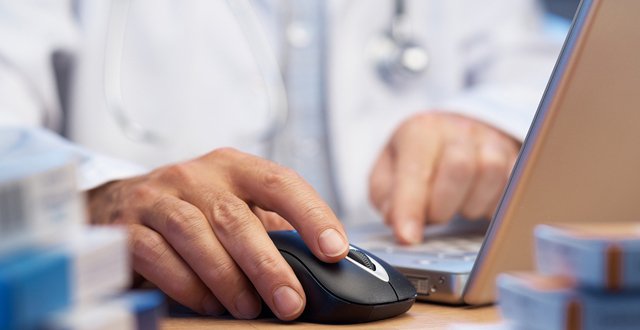
While telemedicine has been increasing in use gradually over the years, Covid-19 has been the catalyst for large-scale adoption. Recently, the Medical Council reported a five-fold increase in the use of telemedicine in Ireland since the start of the pandemic, and it is proactively looking at the regulatory challenges presented by the increase in its use.
The use of telemedicine during the pandemic has enabled patients to access healthcare, allowed clinicians to work remotely, and many patients value the convenience. There are however drawbacks and limitations. Some enhanced clinical and communication skills are also required when consulting remotely.
At MPS, we have been working with doctors to help them adapt to the rapid increase in teleconsulting and mitigate risks. Our risk prevention programmes focus on the medicolegal, ethical and communication challenges which telemedicine can, by its nature, create and demand for support and guidance has been high.
A recent MPS survey of 361 doctors in Ireland explored some of their key concerns. 64 per cent of the doctors surveyed agree that the benefits of telemedicine have been unquestionable during Covid-19, and that it will remain a fundamental tool in practice. However, 79 per cent raised concerns about some vulnerable patient groups being left behind if there is an expectation for more appointments to be delivered remotely after the pandemic. Access to remote services could be impacted by factors such as digital literacy, disability, language, location or internet connection.
Digital inequalities and the potential for this to create disparities in healthcare, is a complex topic which requires ongoing research. However, that aside, a significant number of doctors have raised concerns around the potential impact on vulnerable patients. These concerns must be listened to, and furthermore, addressing the digital inequalities across society should not be a burden on the shoulders of doctors.
In the MPS survey, 80 per cent of doctors went on to say they are concerned that if some patients feel excluded from telemedicine, this may result in a breakdown in the doctor/patient relationship, or conditions being left untreated. 78 per cent also said they are generally more worried about missing something in a remote consultation, with 64 per cent saying they are more worried about a claim or investigation arising.
Indeed some GPs have told us that they have “constant anxiety around missing cues and serious diagnoses” when remote consultations are the default. Patients may seem well on the phone or video call, but when the same patients are called into the surgery, their facial expression and body language presents a different story altogether.
Interestingly other GPs say practising medicine remotely is less enjoyable – after all, part of the reason of being a doctor was to be able to meet with the community. Indeed, loss of professional satisfaction and connection are risk factors for burnout, which was already prolific in the profession pre-Covid.
Only 14 per cent of doctors in the MPS survey said they had no concerns around the increased use of telemedicine.
Telemedicine is no longer part of a distant digital future – in theory it should be considered a mainstream form of practise and not something out of the ordinary. After all, it isn’t a different kind of medicine; it is just medicine delivered in a different way and still requires the nuanced clinical judgements of a skilled physician.
But this shift will take time. Covid-19 may have fast-tracked the uptake of telemedicine, but it has still only been used on this scale for a short time and it is bewildering for many patients and doctors alike.
At MPS we believe the Government and healthcare system should tread carefully and take a long-term strategic approach when considering the role of telemedicine beyond the pandemic.
This should be based on the positive and negative experiences of patients, an ongoing evaluation into the barriers to accessing telemedicine for vulnerable patient groups, regulation and the medicolegal concerns raised by doctors.
Doctors must feel properly supported by the Government and should not be left to deal with any unintended repercussions from an increased use of telemedicine.
Dr Pallavi Bradshaw is Medico-legal Lead in the Risk Prevention department at the Medical Protection Society.





Leave a Reply
You must be logged in to post a comment.